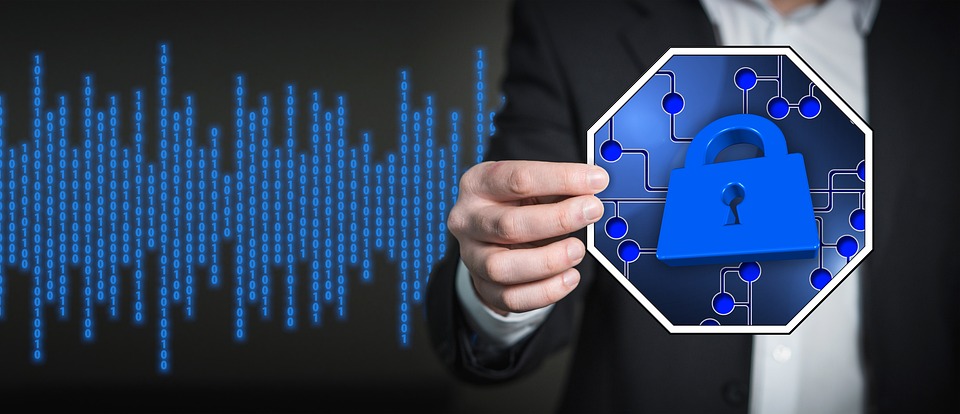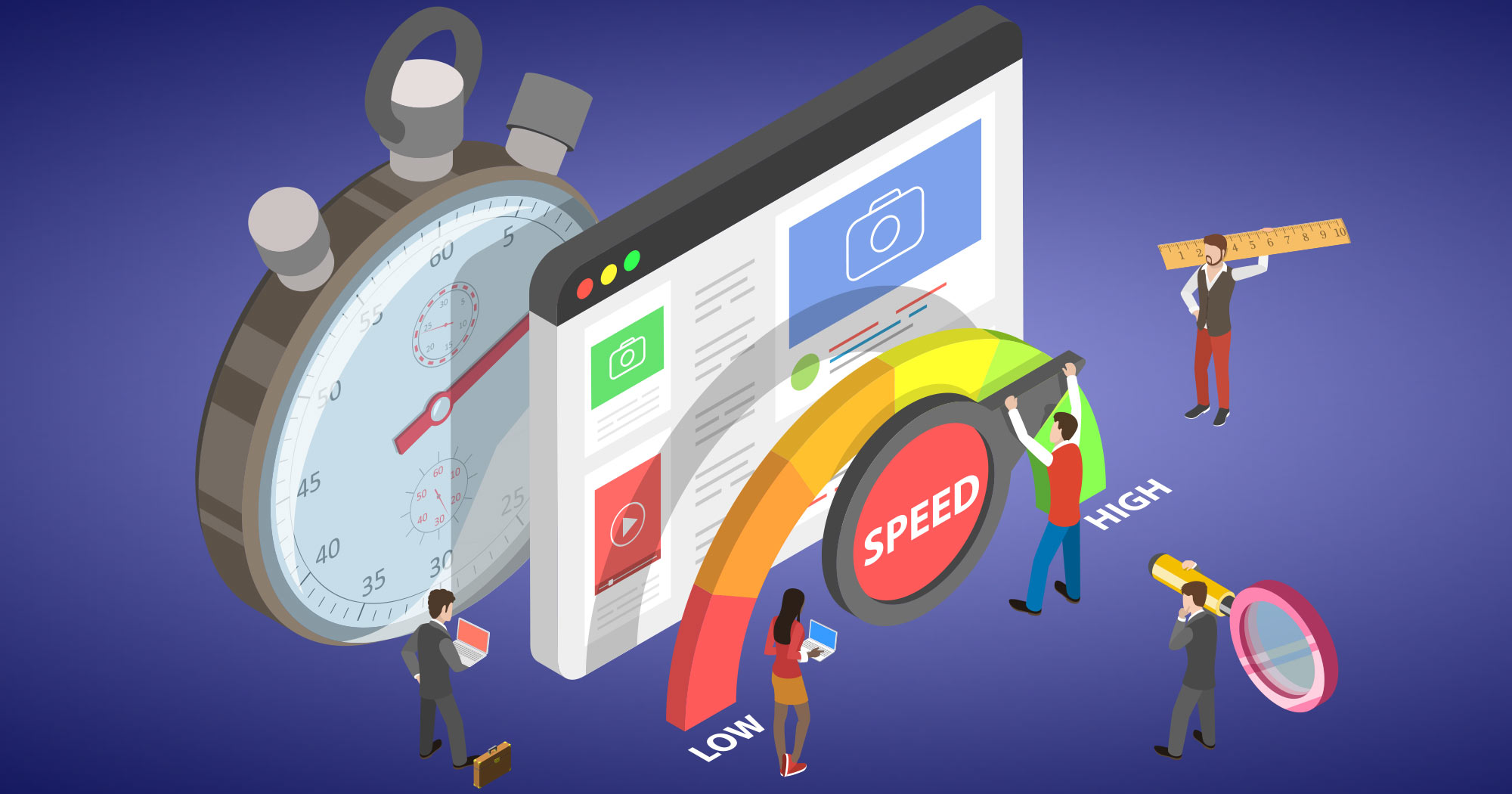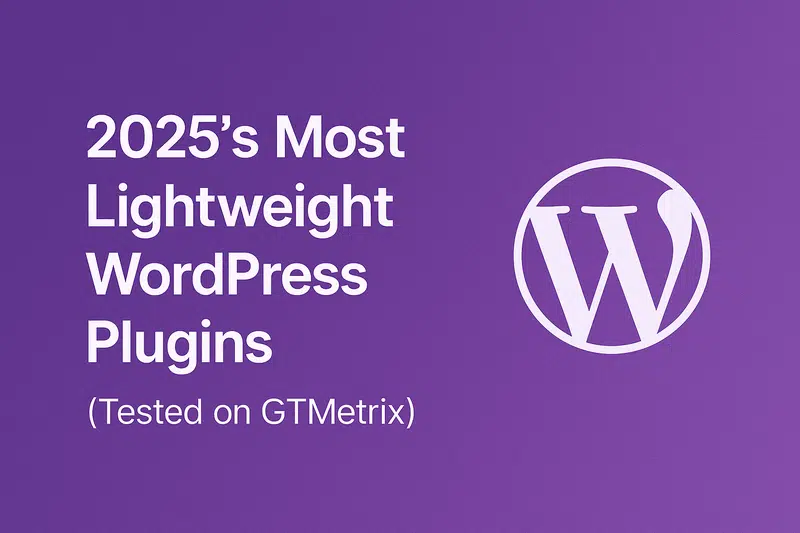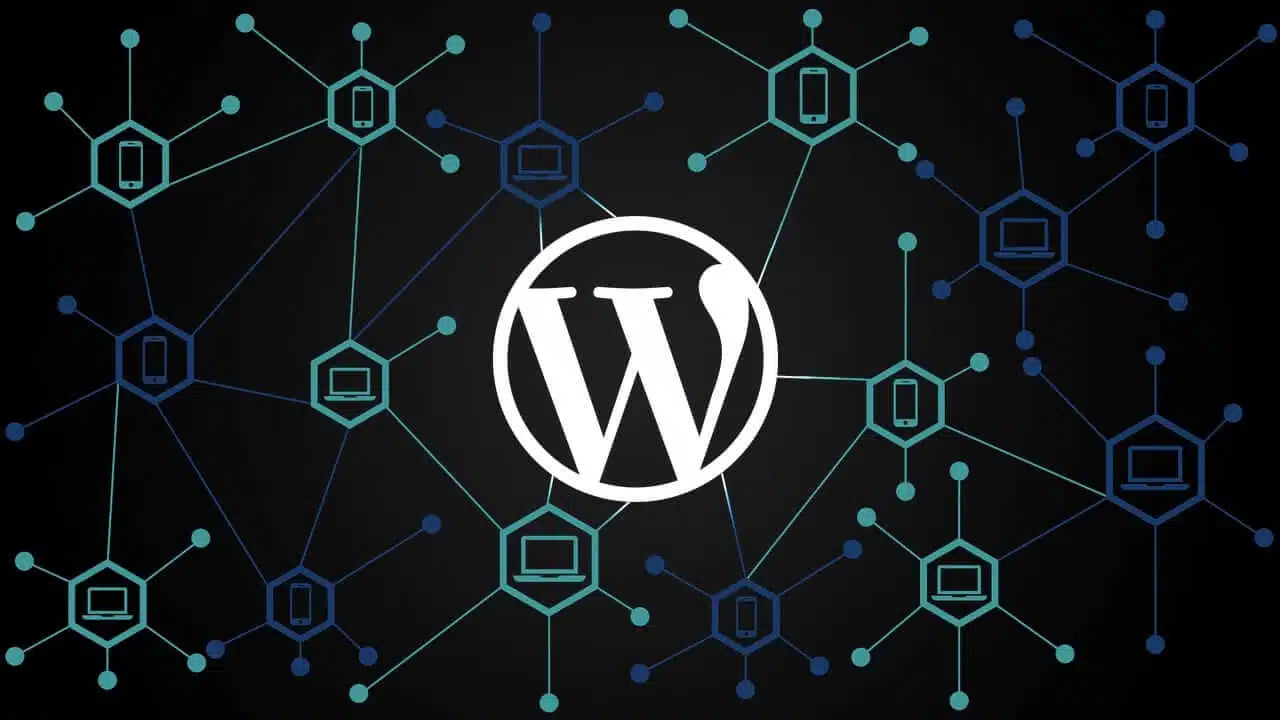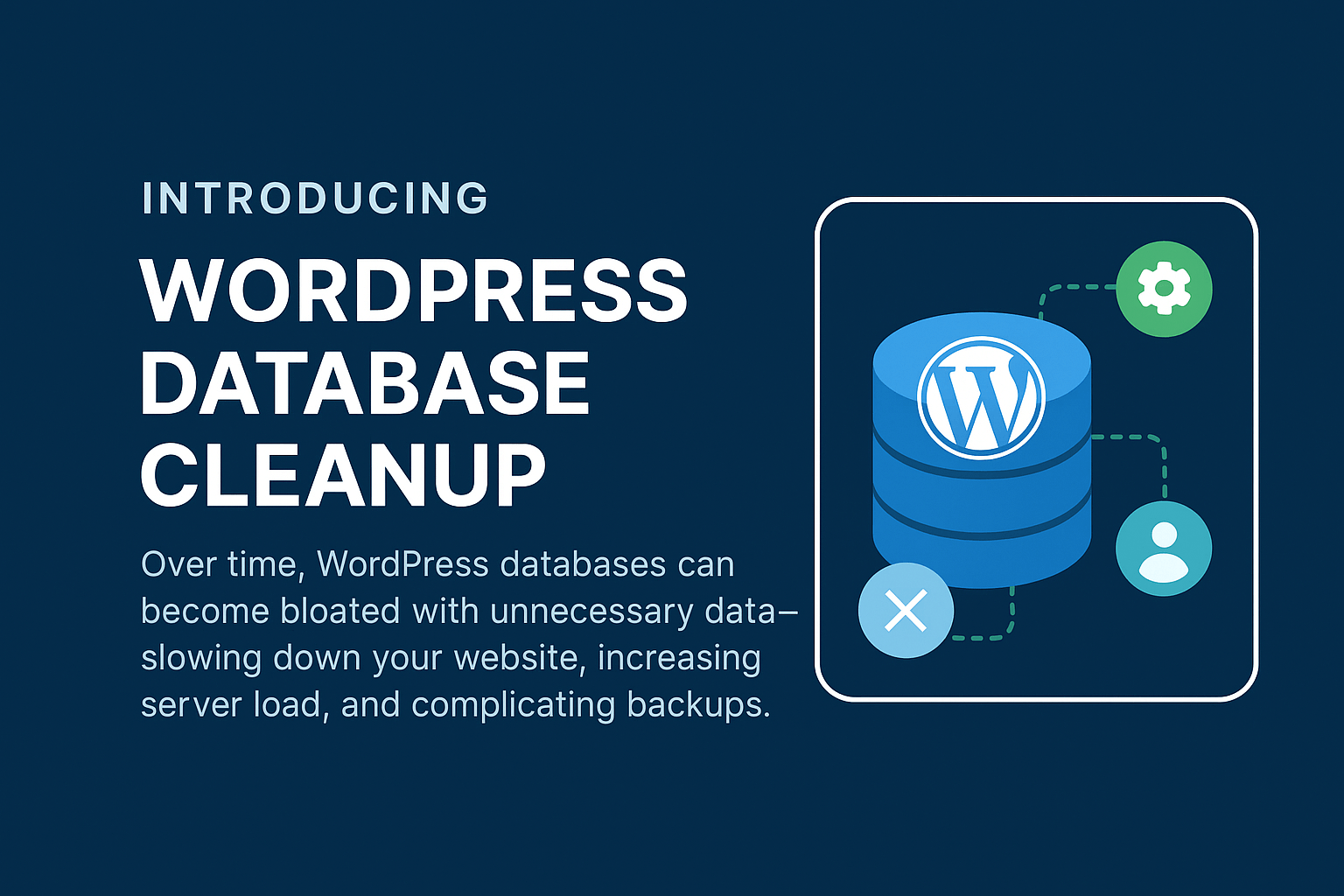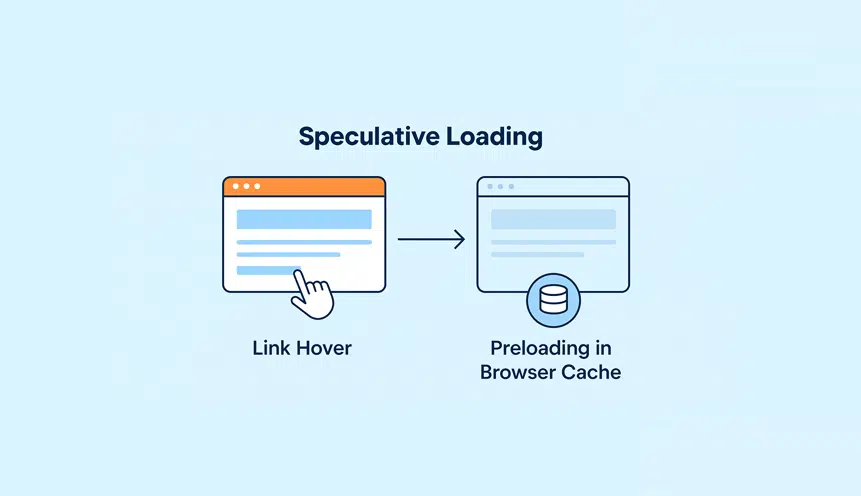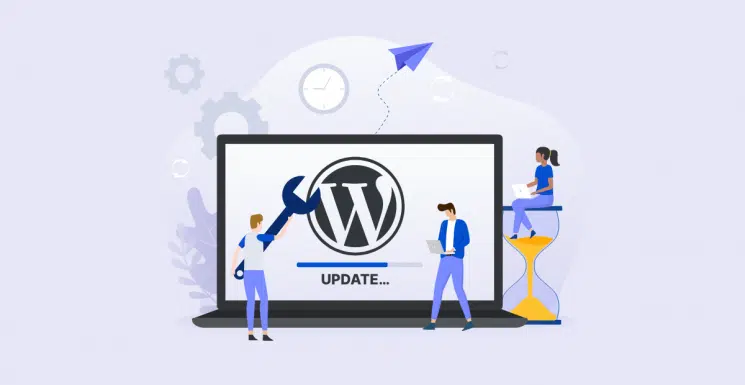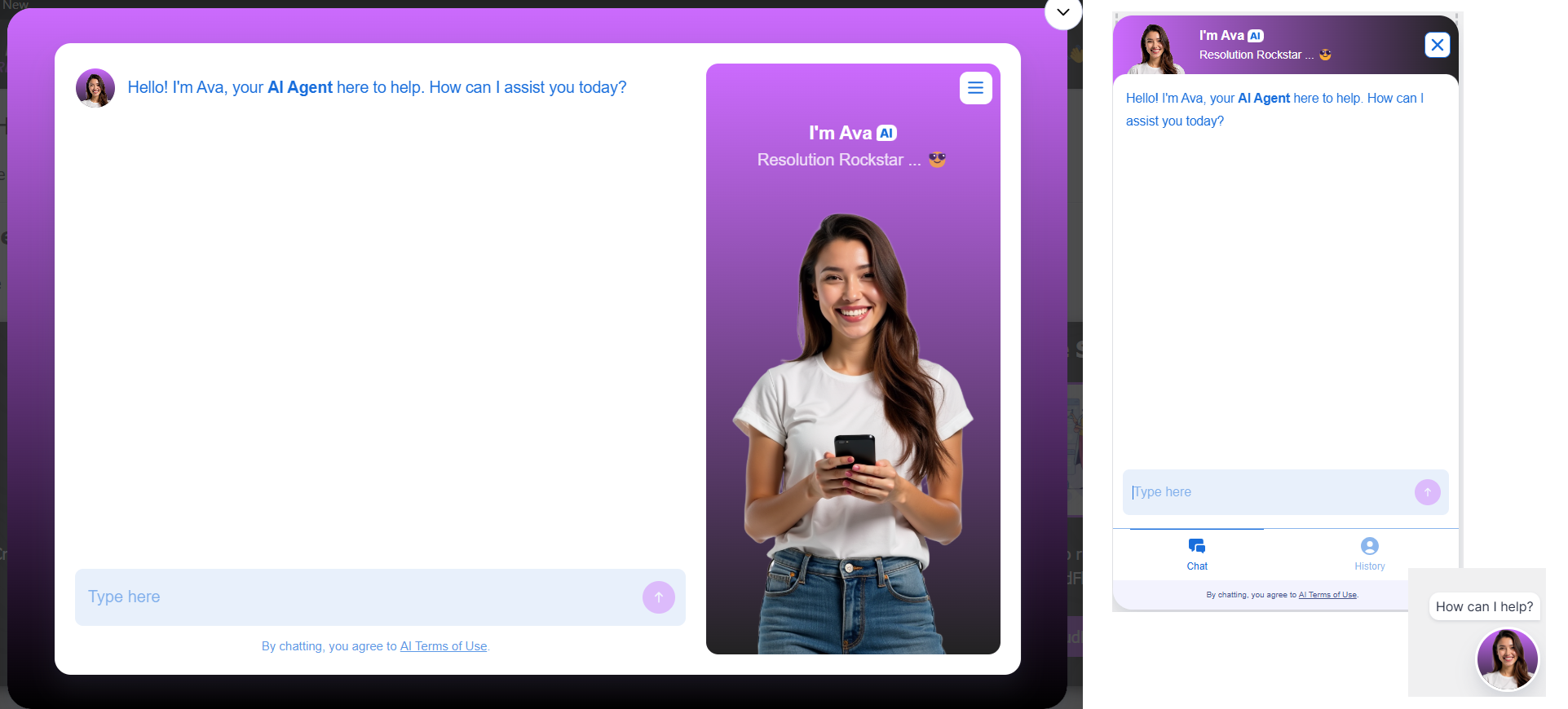The Rise of WordPress Malware: Tips about Securing Your Web site
Introduction:
WordPress has change into the preferred web site creation platform, powering round 40% of all web sites on the web. With such widespread utilization, it’s no shock that WordPress has change into a major goal for hackers and malware assaults. On this article, we’ll discover the rise of WordPress Malware, perceive its implications, and give you recommendations on securing your web site.
Understanding WordPress Malware:
WordPress Malware refers to malicious software program or code injected into WordPress web sites. Hackers use numerous strategies to compromise WordPress web sites, together with exploiting weak plugins, themes, weak passwords, outdated variations, and insecure Hosting environments. As soon as a web site is contaminated, the malware can carry out a variety of malicious actions, akin to stealing delicate information, redirecting customers to malicious web sites, defacing the web site, or infecting guests with malware.
The Implications of WordPress Malware:
The results of a WordPress Malware an infection may be extreme for each web site homeowners and guests. Listed below are a number of implications:
1. Harm to Repute: An contaminated web site can tarnish your model’s status, trigger lack of belief amongst guests, and harm your on-line credibility.
2. Lack of Information: Malware can compromise delicate data akin to consumer credentials, monetary information, or personally identifiable data (PII). Information breaches can result in authorized penalties and monetary loss.
3. search engine optimization Affect: Malware-infected web sites could also be flagged by search engines like google and yahoo, leading to a drop in search rankings and decreased natural visitors.
4. Web site Downtime: Malware infections may cause web site crashes, gradual web page loading instances, and even make the web site fully inaccessible.
Tips about Securing Your WordPress Web site:
To make sure the safety of your WordPress web site, comply with these important suggestions:
1. Use Sturdy Passwords: Weak and simply guessable passwords are a typical entry level for hackers. Use a mixture of higher and lowercase letters, numbers, and particular characters. Frequently change passwords for all accounts related together with your web site.
2. Preserve Themes and Plugins Up to date: Outdated themes and plugins typically have vulnerabilities that hackers can exploit. Frequently replace WordPress, themes, and plugins to their newest variations to patch any safety holes.
3. Set up Safety Plugins: WordPress presents a wide range of safety plugins that may improve your web site’s safety. Standard plugins like Wordfence, WP Repair it Safety, and iThemes Safety present options like firewall safety, malware scanning, and brute drive assault prevention.
4. Restrict Login Makes an attempt: Implementing login try limits can forestall brute drive assaults. Plugins like Login LockDown or Restrict Login Makes an attempt limit the variety of login makes an attempt from a selected IP tackle.
5. Implement Two-Issue Authentication (2FA): 2FA provides an additional layer of safety by requiring customers to offer a second verification issue, akin to a novel code despatched to their cell gadget, along with their password.
6. Frequently Backup Your Web site: Frequently backing up your web site ensures that you’ve a clear copy, decreasing the impression of any potential malware an infection. Retailer backups in off-site places or use cloud companies for added safety.
7. Safe File Permissions: Set correct file and listing permissions to restrict unauthorized entry. Limit write permissions on delicate information and directories, whereas ensuring essential information are writable.
8. Select Dependable Hosting: Go for a good and safe Hosting supplier that gives common safety updates, malware scanning, and firewalls. Managed WordPress Hosting suppliers typically present enhanced safety measures.
9. Take away Pointless Themes and Plugins: Deleted or inactive themes and plugins can nonetheless pose a safety danger. Take away any pointless themes or plugins out of your WordPress set up to scale back potential vulnerabilities.
Ceaselessly Requested Questions:
Q: Can malware infect my web site even with the most recent WordPress model put in?
A: Sure, malware can nonetheless infect your web site even if in case you have the most recent WordPress model. Hackers typically exploit vulnerabilities in themes, plugins, or weak passwords, making it essential to maintain all parts of your web site updated.
Q: How can I detect if my WordPress web site is infected with malware?
A: Look out for indicators akin to uncommon web site redirects, surprising error messages, adjustments in web site format, or a sudden lower in web site velocity. Make the most of safety plugins like Wordfence or WP Repair it Safety for normal scans to detect malware.
Q: What ought to I do if my WordPress web site is infected with malware?
A: Take fast motion. Isolate the contaminated web site by taking it offline or proscribing entry. Notify your Hosting supplier and search skilled assist from a safety skilled to scrub up the an infection.
Q: Are free themes and plugins protected to make use of?
A: Free themes and plugins may be protected, however there’s a greater danger as they’re extra prone to have vulnerabilities. Keep on with respected sources just like the WordPress Plugin and Theme Directories and commonly replace them to mitigate potential safety dangers.
Conclusion:
As the recognition of WordPress continues to soar, so does the rise of WordPress Malware. Defending your web site from malware requires a proactive method, together with common updates, sturdy passwords, safety plugins, and sturdy Hosting. By implementing the really useful safety measures, you may considerably scale back the danger of falling sufferer to WordPress Malware and safeguard your on-line presence.
Submit Abstract:
WordPress, the preferred web site creation platform, is more and more turning into a goal for hackers and malware assaults. Malicious software program or code injected into WordPress web sites can result in numerous penalties akin to harm to status, lack of information, search engine optimization impression, and web site downtime. To safe your WordPress web site, comply with important suggestions together with utilizing sturdy passwords, preserving themes and plugins up to date, putting in safety plugins, limiting login makes an attempt, implementing two-factor authentication, commonly backing up your web site, selecting dependable Hosting, and eradicating pointless themes and plugins. Moreover, remember that malware can nonetheless infect your web site even with the most recent WordPress model, and in case your web site is contaminated, take fast motion and search skilled assist.


